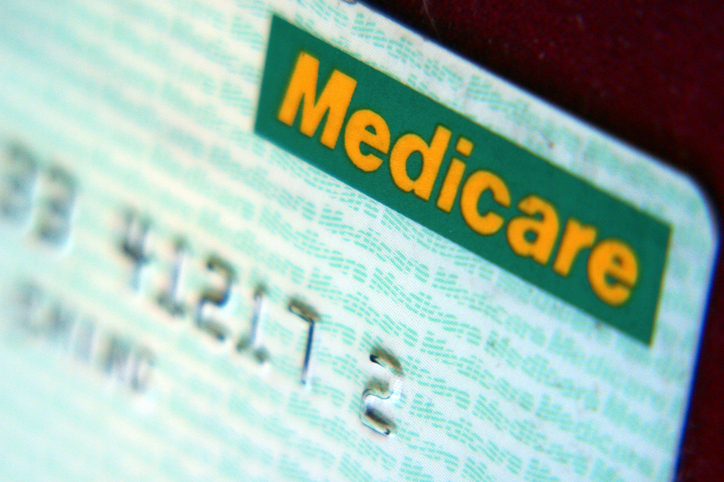Fewer than 25 percent of respondents in a survey conducted by the American Medical Association and financial firm KPMG said they were “well-prepared” for the Medicare payment reform requirements that took effect this year.
More troublesome was the overwhelming response of those who felt the MACRA rules that went into effect on Jan. 1 are very (53 percent) or somewhat (37 percent) burdensome. That said, about 70 percent of the 1,000 practicing U.S. physicians said they had begun to prepare for the requirements of the new Quality Payment Program (QPP).
The survey sought to gauge the general level of preparation for physicians to meet the requirements of the Merit-based Incentive Payment System (MIPS) that will determine how Medicare reimbursements are made starting in 2018. This year’s MACRA data were intended to determine how much physicians could expect to be reimbursed beginning in 2018, but the clear takeaway from this survey was that the fast-approaching full changeover to MIPS could cause problems for many physicians.
The results also revealed that:
- Challenges in meeting the requirements exist no matter how large or small the practice, or how much experience a caregiver organization has with value-based payment methods.
- Physicians in smaller practices require more assistance preparing for MACRA.
- Physicians would like a larger selection of payment options than currently available.
- Physicians are worried about the long-term effect of QPP.
The survey report authors concluded, “… a majority of physicians across practice sizes, practice settings and specialties need more time to transition their practices to the new system.”
The authors also recommended that the Centers for Medicare and Medicaid Services (CMS) should use the findings of this survey and others to make tweaks to the system in order to truly meet the reimbursement reporting needs of physicians.
The CMS demonstrated its willingness to be flexible with MACRA rules in June by revising its rules to help small and rural practices. The rule change increased the low-volume thresholds for exemption from MACRA to $90,000 in allowed charges or fewer than 200 Medicare Part B beneficiaries. The thresholds had been $30,000 and 100 beneficiaries.









